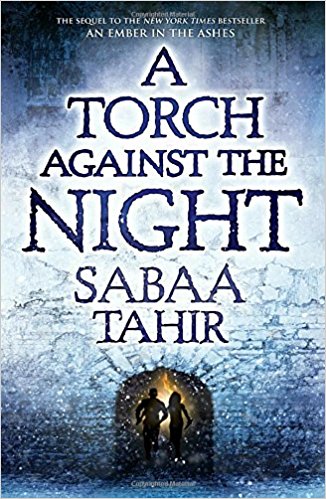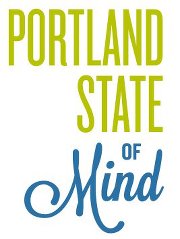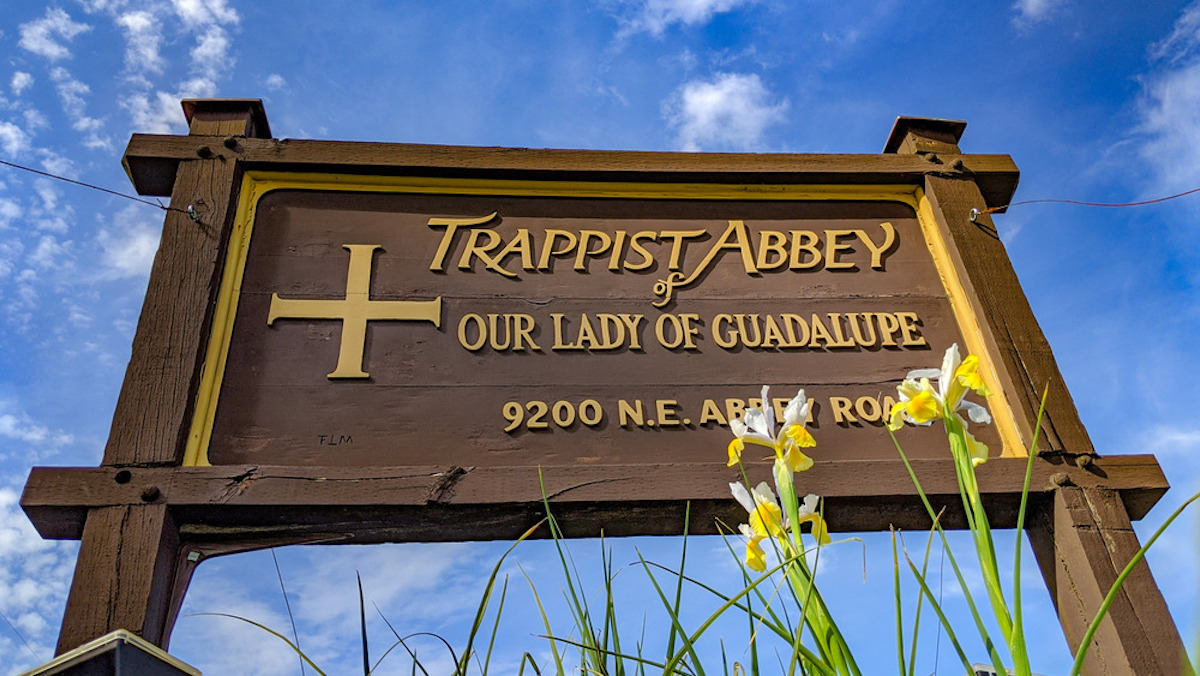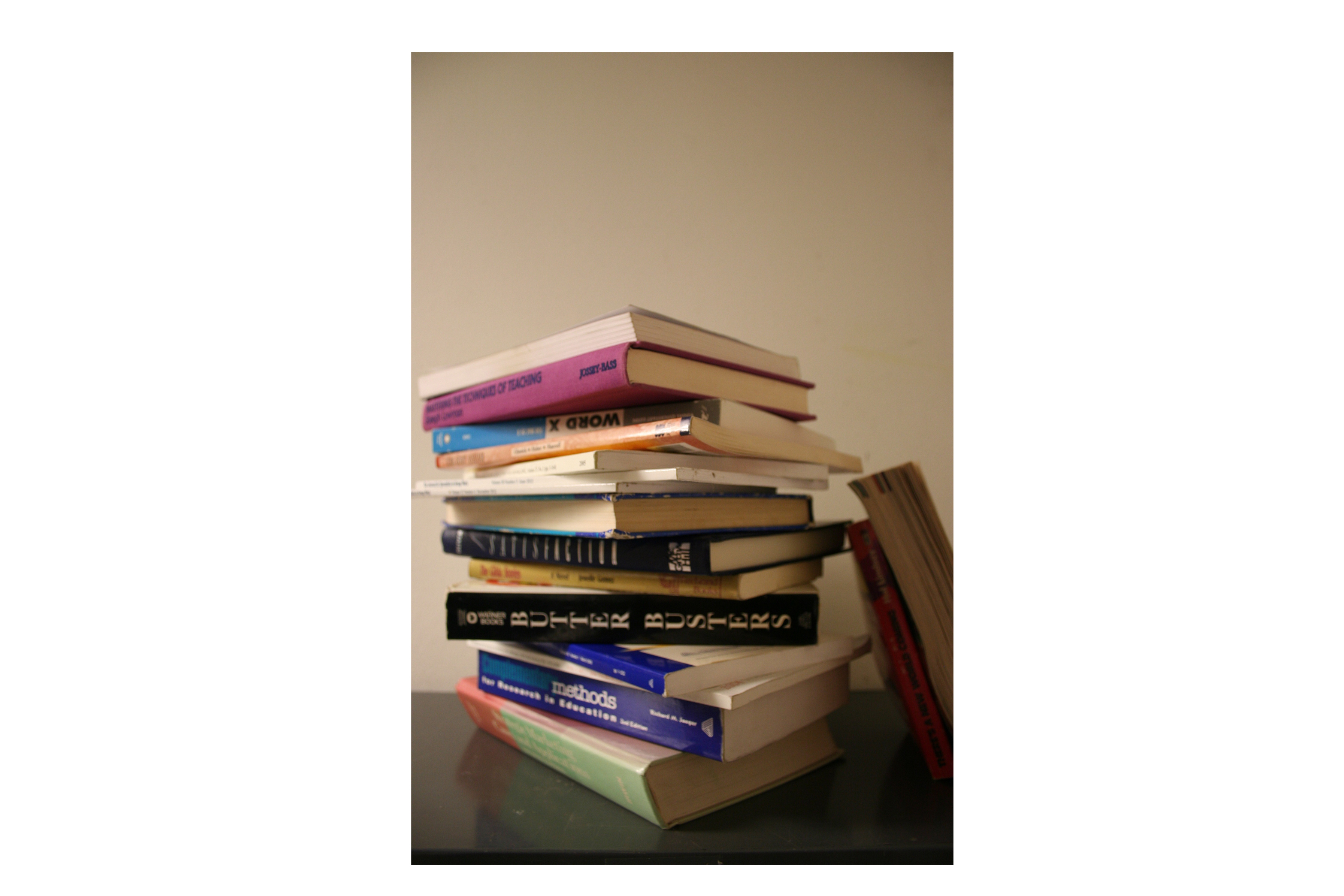Lately I’ve been finding more and more fantasy literature, usually in the Young Adult genre, that isn’t set in some cultural conglomerate understanding of Medieval Western Europe. Contrary to popular belief, the Dark Ages were not dark, nor were they predominantly populated by pasty-skinned men knocking coconuts together and pondering the average airspeed velocity of a laden swallow.
Leigh Bardugo’s Grisha-verse series takes place in a fantastical version of merchant-era Netherlands. Sarah J. Maas in her A Court of Thorns and Roses series utilizes the lore and traditions of many Eastern European nations. Naomi Novik’s Uprooted plays with traditional Polish characters and fairy tales. Sarah Porter did a recent modern interpretation of Vasilisa the beautiful, in Vassa in the Night. (Currently seeking recommendations for fantasy/fairy tale/magic-based literature not set in a version of Europe. Bonus points if it’s not an epic. I’ve got four series I’m waiting on for the next book to come out. My heart cannot take much more.)
Sabaa Tahir’s An Ember in the Ashes series follows Laia and Elias, both under the thumb of the Martial Empire. If one does not strictly obey the Empire, it results in death and destruction. In an effort to save her brother, Laia joins up with rebels and risks her life by becoming a spy. Elias, an unwilling soldier, simply wants out from under the Empire’s tyrannical reign. Their lives become intertwined as they work to get out and save their loved ones.
The series is based on and inspired by the Ancient Roman Empire, in which scholars and tribal groups struggled to survive under harsh imperial reign. The cast of characters, both primary and background, reflect a multitude of approximately historically accurate ethnic groups. A little bit less Gladiator, a little more—well, to be honest, I cannot think of a movie or show that attempts to accurately represent the cultural diversity of the Roman Empire. Google’s not much help either. Getting back to the point, this series made me sing Tahir’s praises.
The second book, A Torch Against the Night, immediately follows the events of the first. It’s been over a year since I read the first book. The setting was just as luxuriously rendered as I remembered. I had to do some quick Wikipedia research to catch up with some of the more obscure background details, but otherwise I was quick to catch up with the events of the sequel.
In addition to the first book’s POV switching between Laia and Elias, in the sequel we get introduced to Elias’ oldest friend Helene’s point of view. Her perspective was the most enjoyable because it changed up the dynamic and the atmosphere of the novel.
The book is primarily driven by action, and while that is not usually what I look for in my free time reading, I found it compelling nonetheless. I found it hard to put the book down once the characters began traveling on their journey to find Laia’s brother, Darin. The twists and turns were unexpected but not in such volume that they were overbearing.
The main character development was subtle, unfolding slowly and organically. To be honest, though, I wish there were more moments when the action quieted down enough to allow the characters to simply exist, to allow me to experience the characters without distracting external forces. Torch introduces new background characters who I hope we get to see in the following books. Everyone we get introduced to—whether main or side characters—were presented as well-founded from the beginning.
Overall this sequel was an enjoyable, action-packed, fast read. While I won’t be reading any books set in the desert anytime soon, I can’t wait for the next installment.






